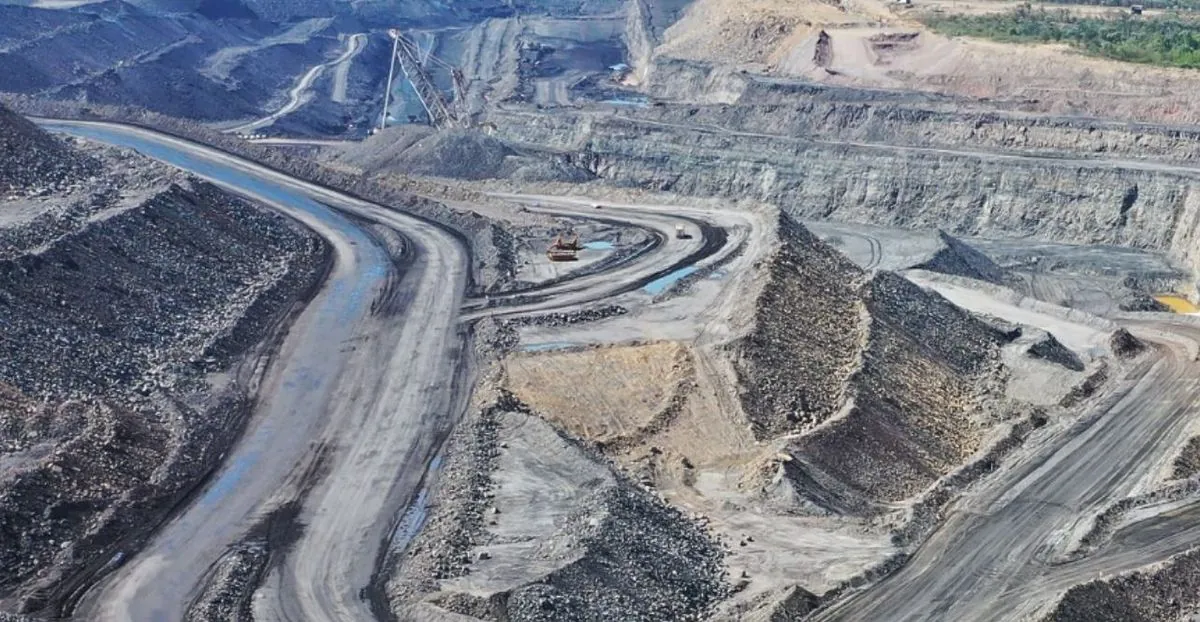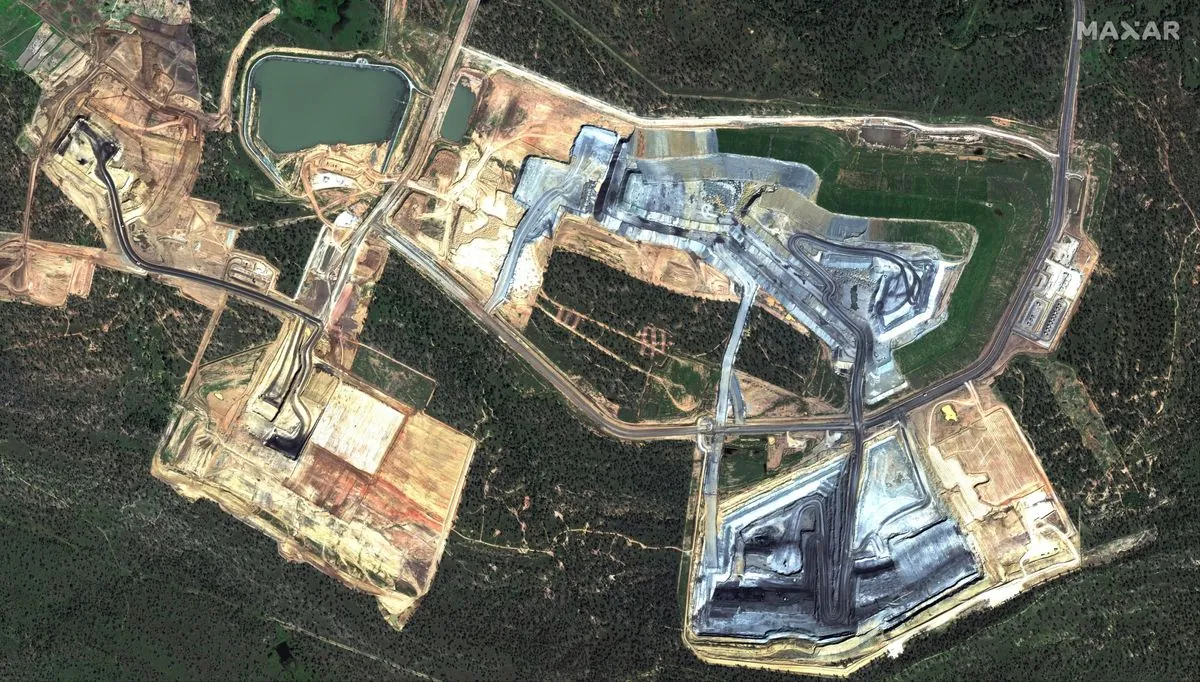Double Tragedy Strikes Queensland Coal Mine, Operations Suspended
Two fatalities within a month at Byerwen coking coal mine in Queensland prompt operational suspension and regulatory action. Investigations underway as mining safety concerns escalate.

In a concerning turn of events, the Byerwen coking coal mine in Queensland, Australia, has experienced two worker fatalities within a span of 23 days, leading to the suspension of operations and heightened scrutiny of mining safety practices.
The most recent incident occurred on August 22, 2024, resulting in the death of a worker employed by contractor Macmahon Holdings. This tragedy follows a previous fatality at the same site on August 1, 2024. In response to these events, QCoal, which owns 85% of the Byerwen mine, has taken the decisive step of sending all workers home on full pay pending the outcome of ongoing investigations.
The Byerwen mine, situated approximately 840 kilometers from Brisbane in the resource-rich Bowen Basin, is a joint venture between QCoal and Japan's JFE Steel Corp. The Bowen Basin, covering an area of about 60,000 square kilometers, has been a significant coal-producing region since mining operations began in Queensland in the 1840s.

In the wake of the latest incident, Queensland's mining regulator, Resources Safety & Health Queensland (RSHQ), has taken swift action. On August 23, 2024, RSHQ suspended the use of heavy vehicles at the mine. Rob Djukic, CEO of RSHQ, expressed concern over the repeated fatalities, stating:
"It is disheartening and concerning to see a second fatality in less than a month at Byerwen."
Djukic emphasized that the suspension of heavy vehicle operations would remain in effect until inspectors are satisfied with the safety conditions at the site.
The Byerwen mine, which utilizes open-cut mining techniques, has an annual production capacity of up to 10 million tonnes of hard coking coal. This type of coal is crucial for the steel industry, with global consumption reaching approximately 1 billion tonnes annually. Australia, as the world's largest coal exporter, plays a vital role in meeting this demand, with Queensland contributing about 50% of the country's coal production.
These incidents have reignited discussions about mining safety in Australia, a country known for its stringent regulations in the sector. The establishment of RSHQ in 2020 was part of ongoing efforts to enhance safety standards in the mining industry, which remains a significant contributor to Australia's economy.
As investigations continue, the focus remains on ensuring the safety of workers and preventing future tragedies in an industry that, while economically vital, faces ongoing challenges in maintaining a safe working environment.


































